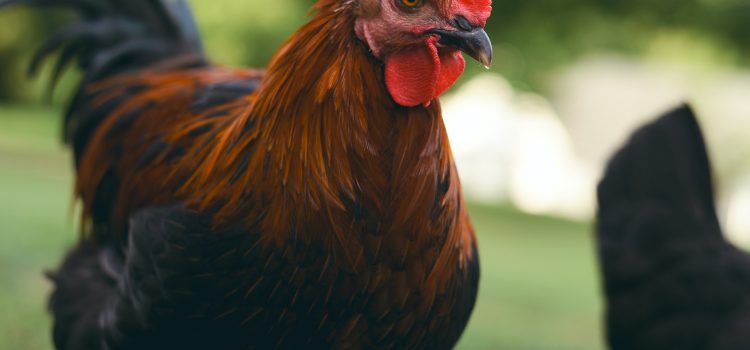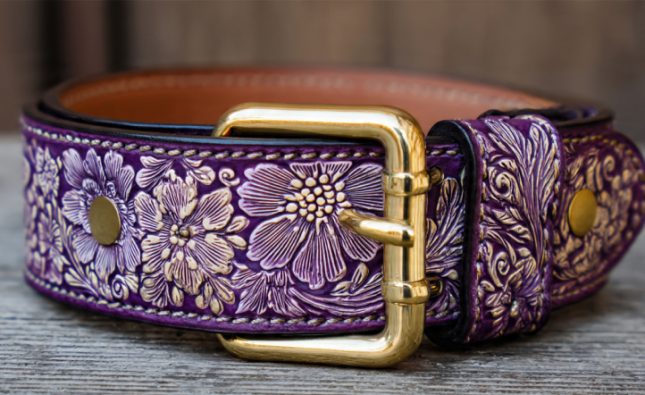
Raising hens has become increasingly popular in recent years as more people turn to sustainable living and seek to produce their own food. Whether you are looking to keep hens for their eggs or as pets, proper care and management are essential to ensure the health and well-being of your birds.
Here is the ultimate guide to raising and caring for hens:
- Choosing the Right Breed The first step in raising hens is selecting the right breed for your needs. Some breeds are better suited for egg production, while others are better for meat. Some popular breeds for egg production include Leghorns, Rhode Island Reds, and Plymouth Rocks.
- Providing Proper Housing Hens need a safe and secure place to roost at night and lay their eggs. A henhouse should be well-ventilated, dry, and provide enough space for the number of birds you have. It should also have nesting boxes filled with clean and dry bedding.
- Feeding and Watering Hens need a balanced diet consisting of protein, carbohydrates, and essential vitamins and minerals. Feed your hens a high-quality commercial feed or a homemade mix of grains and seeds. They also require clean and fresh water, which should be changed daily.
- Health and Disease Prevention Regular health checks are essential to ensure the well-being of your hens. Look out for signs of illness such as lethargy, loss of appetite, and abnormal droppings. To prevent disease, keep the coop clean and dry, and provide a separate area for sick or injured birds.
- Handling and Taming Hens can make great pets, but they need to be handled and tamed properly. Start by spending time with your birds and offering them treats. Avoid sudden movements or loud noises that may startle them, and gradually get them used to being handled.
- Egg Collection Hens lay eggs daily, so it’s essential to collect them regularly to prevent them from becoming soiled or broken. Check the nesting boxes daily and collect eggs promptly. Clean and store them in a cool place until ready to use.
- Winter Care Hens can survive in cold weather, but they need proper care during the winter months. Provide










